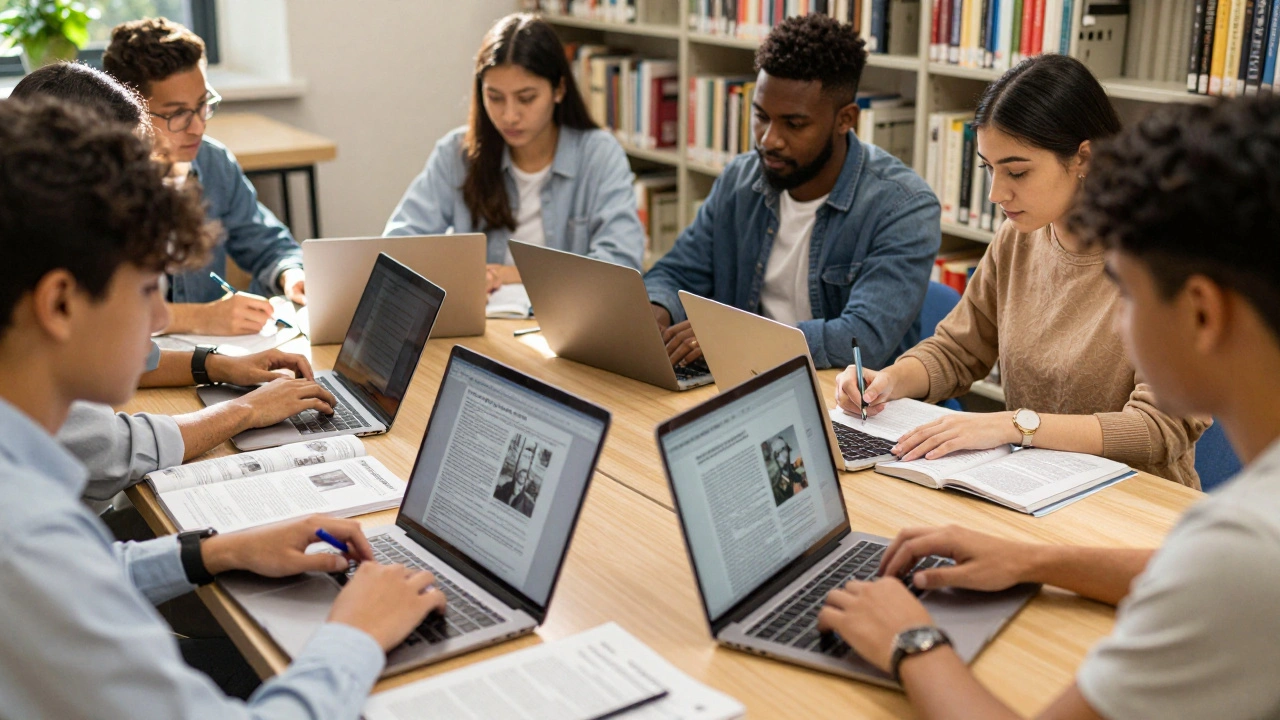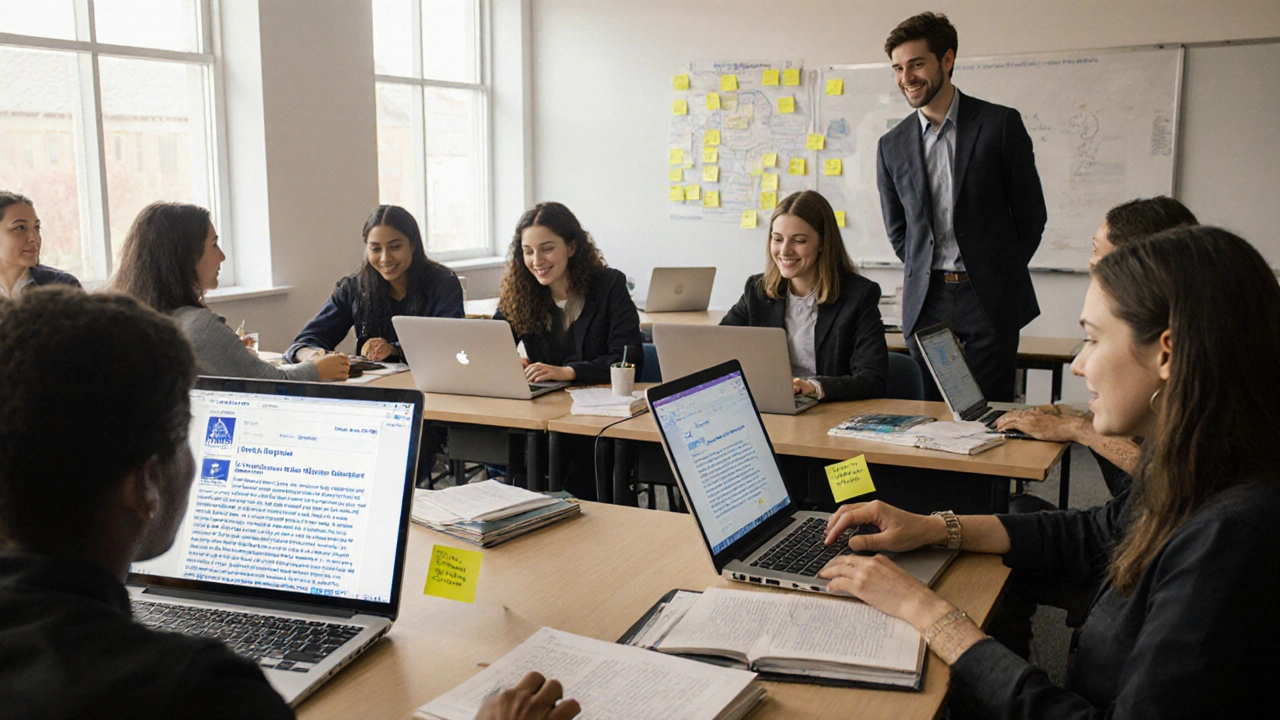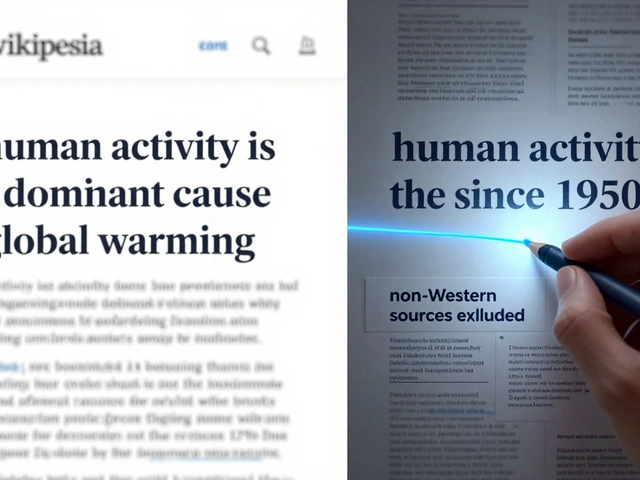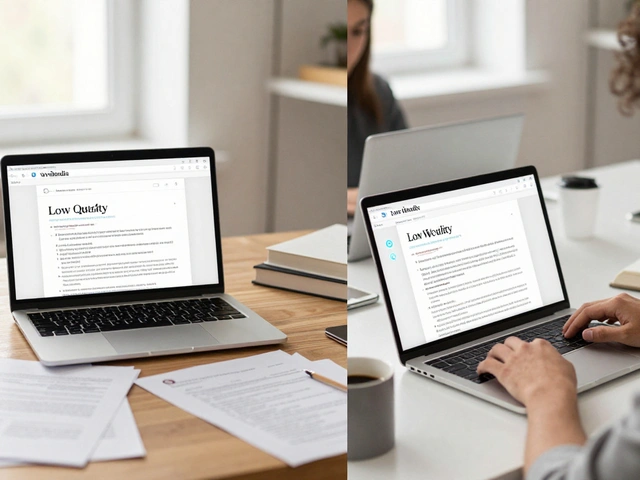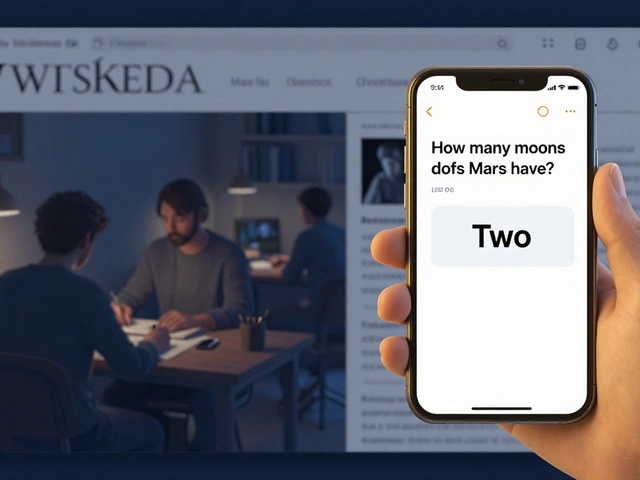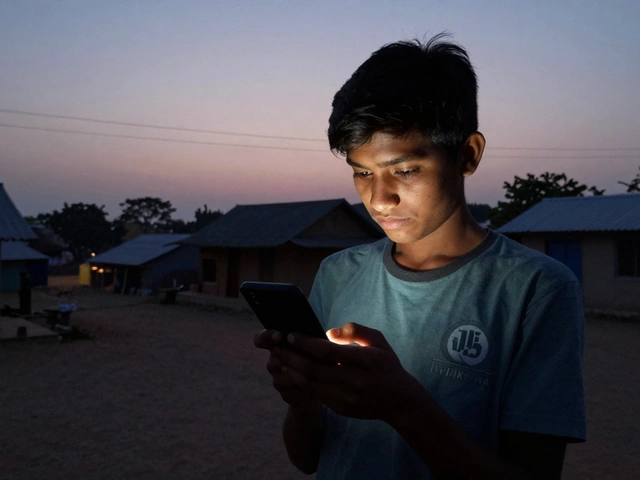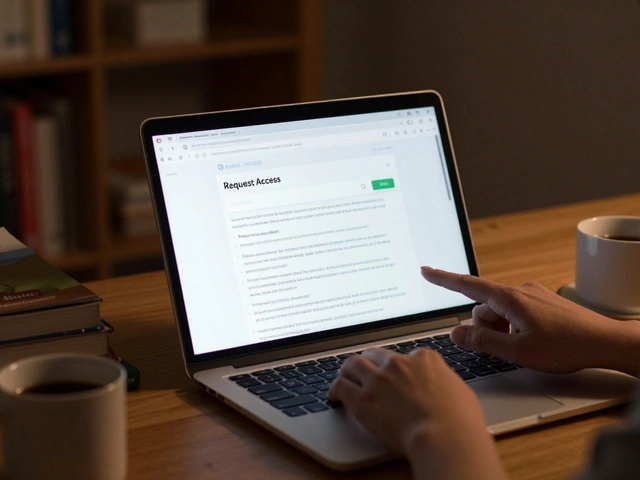Wikipedia in higher education: How colleges use Wikipedia for learning and research
When you think of Wikipedia in higher education, the use of Wikipedia as a teaching and learning tool in universities and colleges around the world. Also known as Wikipedia pedagogy, it means students don’t just read articles—they write them, fix them, and argue over them like real editors. This isn’t about cutting corners. It’s about turning the world’s largest encyclopedia into a live classroom.
Professors in history, science, literature, and even nursing are assigning Wikipedia editing as homework. Why? Because writing for Wikipedia forces students to find reliable sources, avoid bias, and write clearly for a public audience. A student rewriting a poorly sourced article on climate change doesn’t just learn about the topic—they learn how knowledge is built, challenged, and verified. This is academic use of Wikipedia, the practice of integrating Wikipedia into university curricula to teach research, writing, and critical thinking. And it’s not just for English-speaking campuses. Universities in Kenya, India, and Brazil are running similar programs, often in local languages, helping close the global knowledge gap.
It’s not all smooth sailing. Some professors still worry Wikipedia is too risky. But research shows students who edit Wikipedia perform better on traditional assignments. They’re more careful with citations. They spot misinformation faster. And they care more about who gets left out of the record. That’s why student editing, the act of students contributing to Wikipedia as part of their coursework. is growing fast. Many programs now partner with the Wikimedia Foundation, getting training, resources, and even grants to support their projects.
Behind every edit is a real person—maybe a 20-year-old in Toronto fixing a broken link, or a grad student in Lagos adding citations for African history. These aren’t just contributions. They’re acts of knowledge justice. And the tools to support this? They’re already here: talk pages for feedback, WikiProjects for collaboration, and bots that catch vandalism before it spreads. You don’t need to be an expert to start. You just need to ask: who’s missing from this article? And how can I help fix it?
What follows is a collection of posts that dig into how Wikipedia’s community, policies, and tools shape this growing movement—from how universities track student edits, to how editors handle bias in academic topics, to why some courses fail and others change lives. These aren’t abstract ideas. They’re real stories from classrooms, conferences, and edit-a-thons where knowledge isn’t handed down—it’s built together.
University Partnerships With Wikipedia: How Colleges Are Improving Education Through Collaborative Projects
Universities worldwide are integrating Wikipedia editing into courses to teach research, writing, and critical thinking. Students create real, public articles that reach millions-transforming education into contribution.
The Wikimedia Student Editors Program: How Colleges Are Training the Next Generation of Wikipedia Contributors
The Wikimedia Student Editors Program turns college assignments into public knowledge by having students improve Wikipedia articles. Thousands of students now contribute accurate, research-backed content that reaches millions worldwide.
